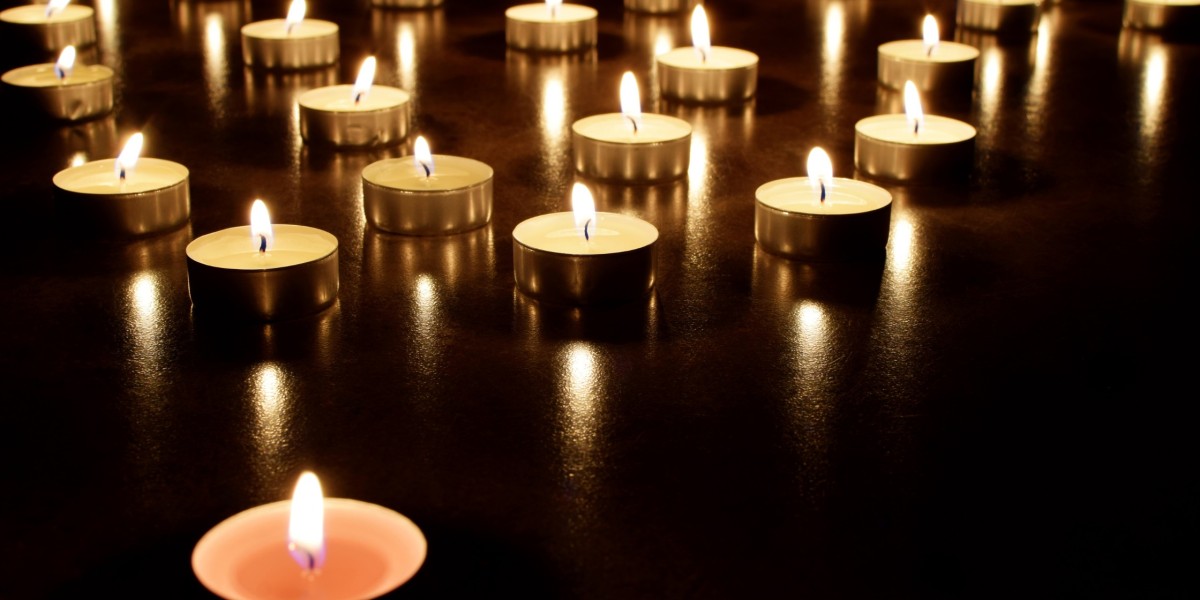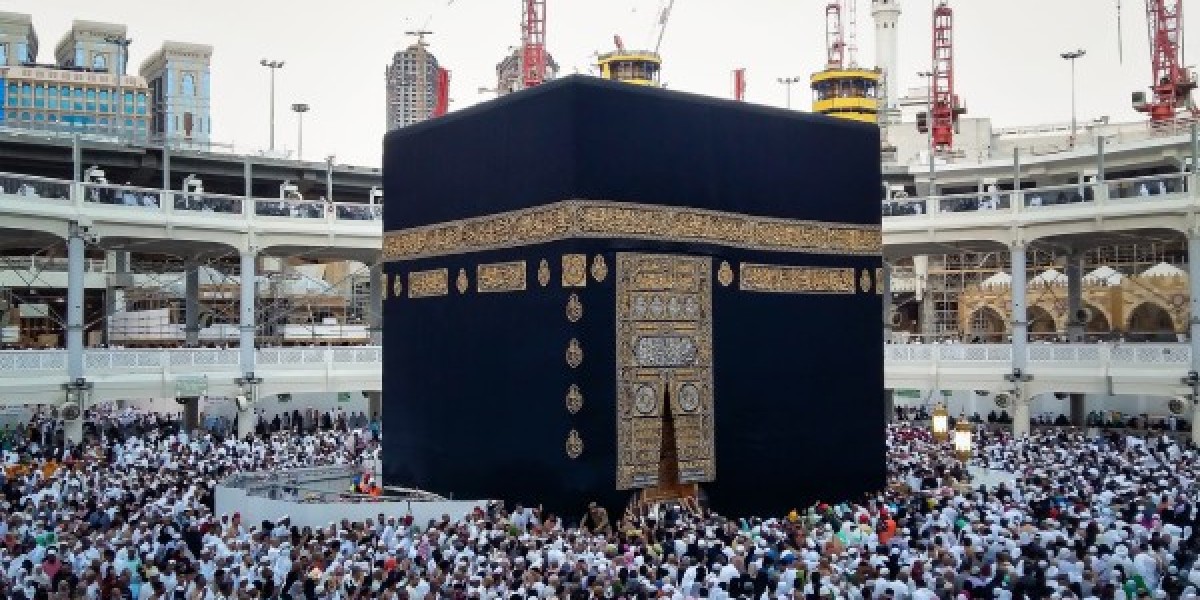The Most Important Part of a Funeral: Honoring the Deceased and Supporting the Living
Funerals are profound and emotionally charged events that provide an opportunity to commemorate the life of the deceased and offer support to those left behind. While every aspect of a funeral is significant, from the eulogy to the choice of music, the most crucial element is the overarching purpose: to honor the deceased and support the living. In this article, we will explore why these two aspects are the heart and soul of any funeral, highlighting their importance and impact.
Honoring the Deceased
The primary purpose of a funeral is to pay tribute to the life of the deceased. This honoring process is multifaceted and serves several vital functions:
Celebrating a Life: Funerals provide a platform for celebrating the unique qualities, achievements, and contributions of the person who has passed away. It allows family and friends to reflect on the impact the deceased had on their lives and the world around them.
Acknowledging Grief: Funerals allow attendees to confront their feelings of grief and loss openly. By sharing stories, memories, and emotions, participants can begin the healing process and find solace in the collective support of the community.
Preserving Memories: A funeral creates a lasting record of the individual's life, preserving their memory for future generations. Photographs, videos, and personal anecdotes shared during the service become a cherished legacy for family members.
Creating Closure: A well-organized funeral provides a sense of closure for those in attendance. It offers an opportunity to say their final goodbyes and express their love and gratitude.
Personalization: Every person is unique, and a funeral allows for personalization to reflect the individuality of the deceased. Customized elements, such as specific readings, music, and rituals, can make the service more meaningful and representative of the person's life and values.
Supporting the Living
Funerals are not just about honoring the deceased but also about providing support to the living, especially to those who are grieving. Here's why supporting the living is the other vital component of a funeral:
Emotional Catharsis: Grief is a complex and often overwhelming emotion. Funerals offer attendees a space to express their feelings, cry, and find emotional release. Sharing in their sorrow, family and friends can find comfort in each other's company.
Community and Connection: Funerals bring people together, fostering a sense of community and connection. They remind attendees that they are not alone in their grief and that others share their pain. This communal support can be a source of strength during a difficult time.
Offering Guidance: Funerals provide guidance and structure during a challenging period. They offer a framework for grieving and healing by offering rituals, readings, and shared expressions of love and loss.
Access to Resources: Funeral homes often provide information and resources for those dealing with grief, including support groups, counseling services, and literature on coping with loss.
Validation of Emotions: Attending a funeral can validate the feelings of grief and sorrow. Sometimes, people may question the intensity of their emotions, but a funeral helps normalize these feelings, assuring individuals that it is okay to grieve and mourn.
The Balancing Act
While honoring the deceased and supporting the living are the most critical parts of a funeral, it's important to recognize that they are intertwined and form a delicate balance. Here's how they interact:
Sharing Stories and Memories: When attendees share stories and memories of the deceased, they are both honoring the person's life and providing emotional support to each other. These narratives celebrate the individual's accomplishments and personality while connecting the living through a shared experience.
Rituals and Customs: Many funeral customs and rituals have a dual purpose. For example, a eulogy not only honors the deceased but also offers comfort to those in mourning. Similarly, a moment of reflection during the service serves as a time for personal contemplation and remembrance.
Community and Connection: The sense of community that emerges from a funeral can be a source of strength for those in attendance. The shared experience of grief creates a deep connection and reinforces the importance of supporting one another.
Personalization: Personalizing a funeral allows for a unique and heartfelt tribute to the deceased, celebrating their life in a way that resonates with the living. It becomes a meaningful way to both honor the person and provide support to those in attendance.
Continued Support: After the funeral, supporting the living does not end. It extends beyond the service to offer ongoing assistance, counseling, and resources for those dealing with grief. This sustained support helps individuals navigate the challenging journey of mourning.
Conclusion
A funeral is a profound and multifaceted event, and its most important parts are honoring the deceased and supporting the living. The balance between these two functions is at the heart of a meaningful and impactful service. A well-planned funeral not only celebrates the unique life of the person who has passed away but also offers comfort, community, and guidance to those left behind. It is a testament to the enduring connection between the living and the deceased and a testament to the strength of the human spirit in the face of loss.








